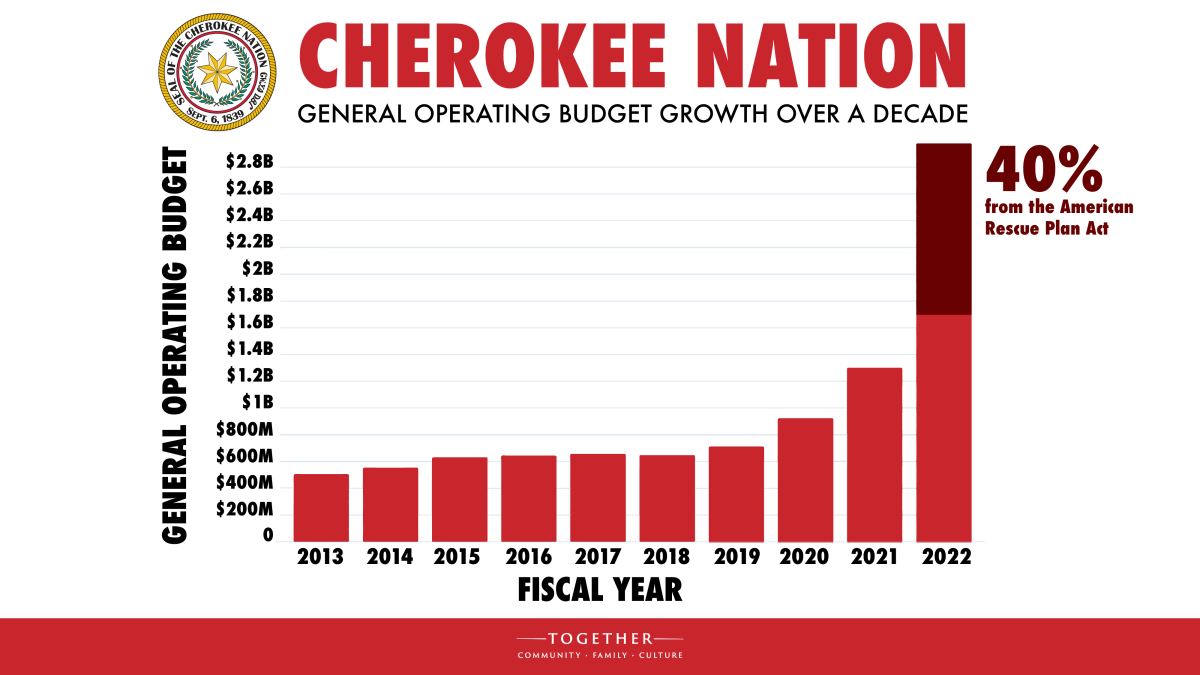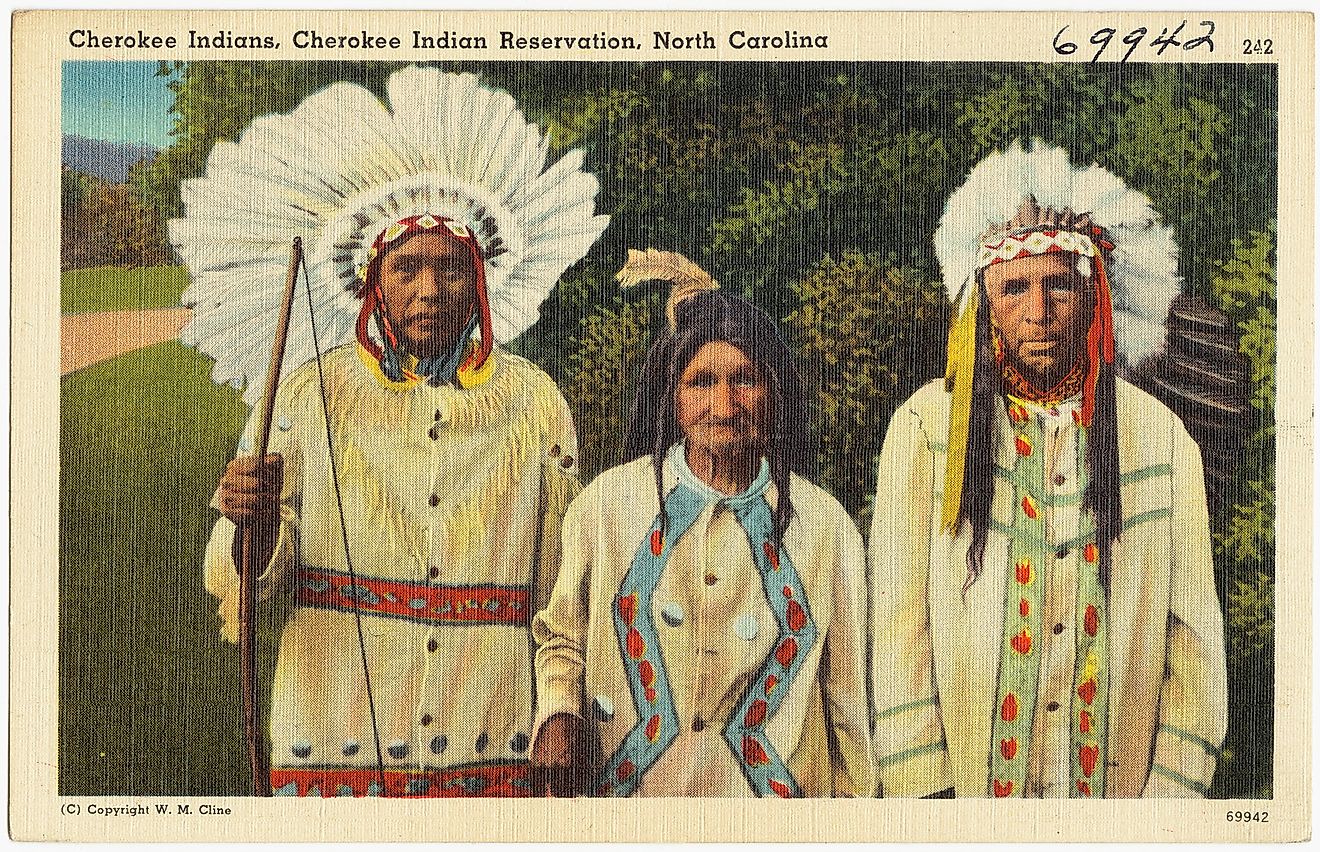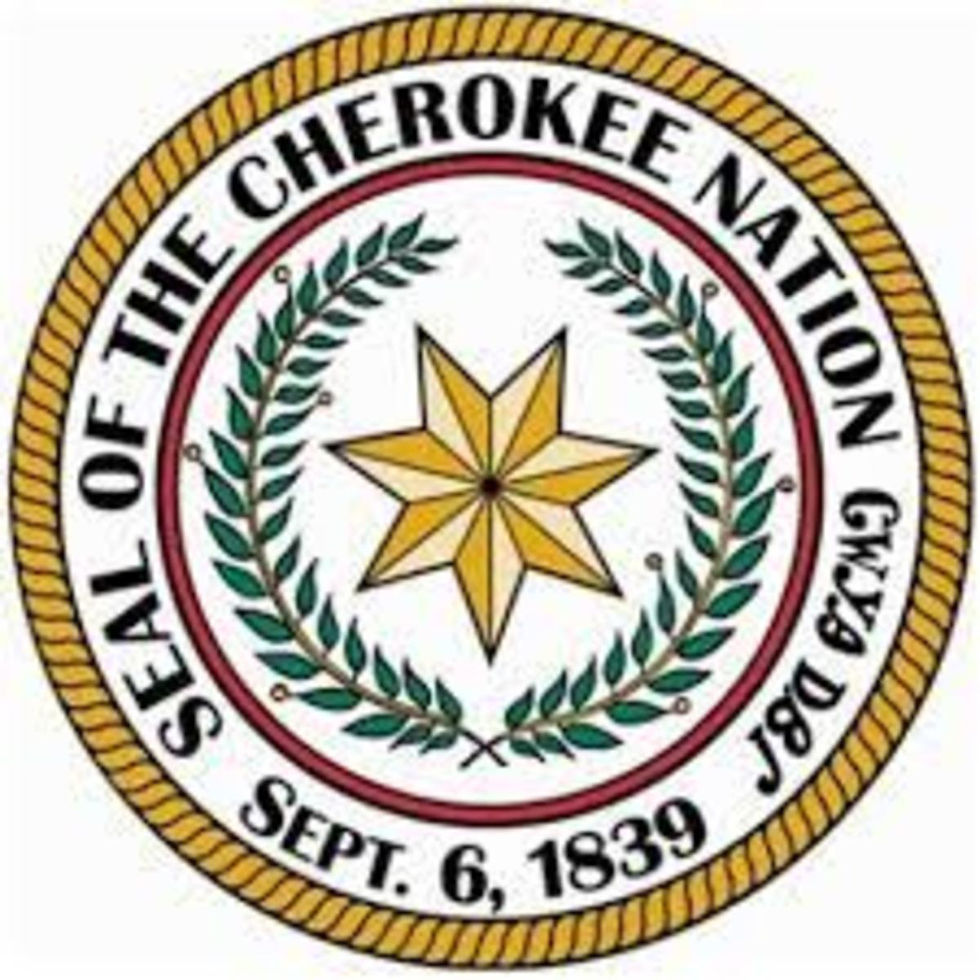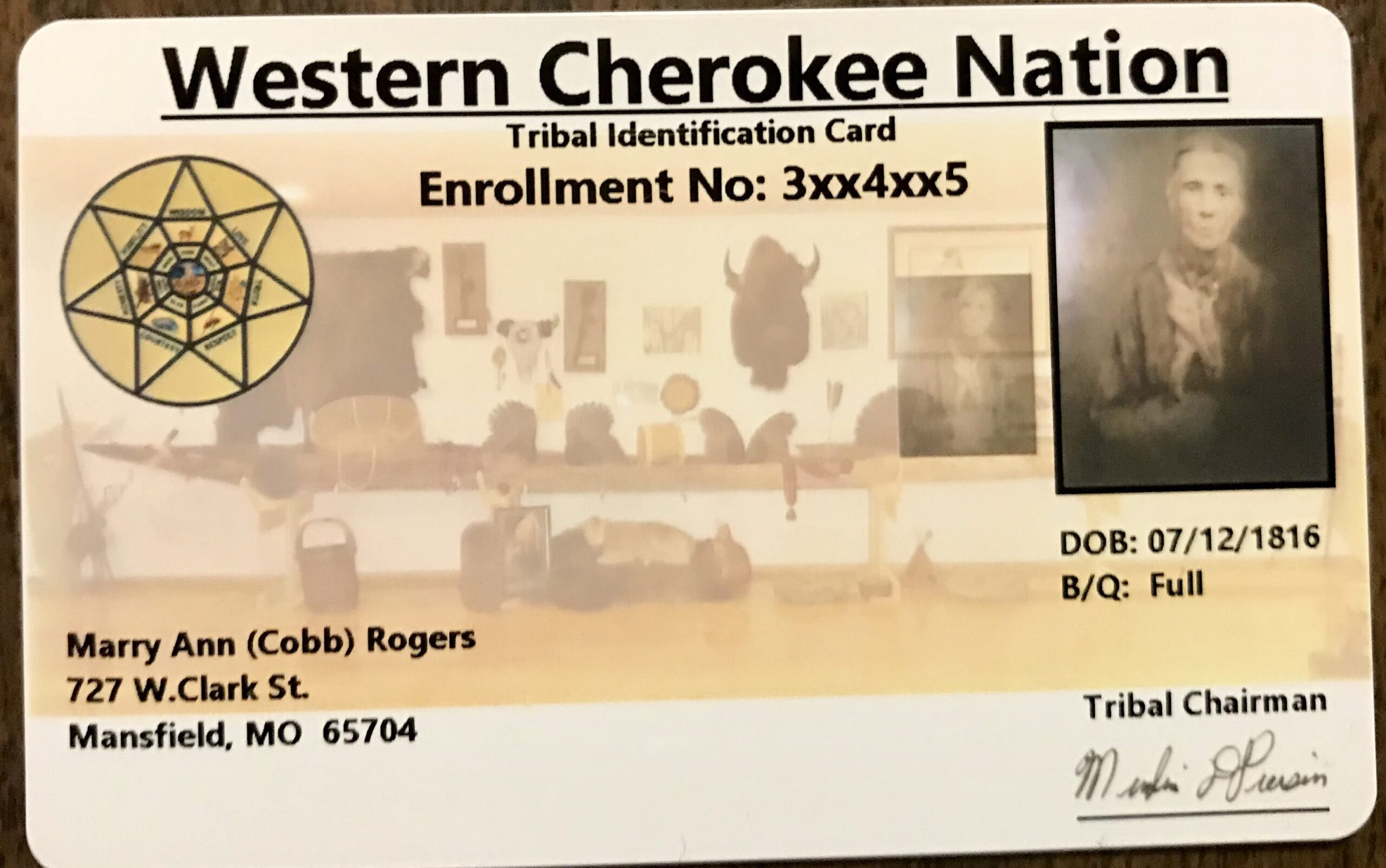Unpacking the Cherokee Nation’s Wealth: A Look Beyond the Numbers
Unpacking the Cherokee Nation’s Wealth: A Look Beyond the Numbers

The Cherokee Nation, a sovereign tribal nation with a rich history and vibrant culture, has become a powerful economic force in the United States. While its exact net worth remains shrouded in some mystery, the tribe’s diverse portfolio and strategic investments have fueled significant growth and development, placing it among the wealthiest Native American tribes in the country.
This article delves into the intricacies of the Cherokee Nation’s wealth, exploring the sources of its revenue, its impactful investments, and the ongoing efforts to manage its assets responsibly for the benefit of its citizens. We will also address the complexities of measuring the net worth of a sovereign nation and the ethical considerations surrounding the discussion of tribal wealth.
Related Articles: Unpacking the Cherokee Nation’s Wealth: A Look Beyond the Numbers
- From Reservation To Boardroom: The Rise Of Native American Entrepreneurs
- The Pechanga Band Of Luiseno Indians: A Legacy Of Resilience And Prosperity
- The Richest Tribes In America: A Look At Wealth And Sovereignty
- Beyond The Stereotype: Unveiling The Stories Of Native American Millionaires
- Uncovering The Wealth Of Washington’s Indigenous Nations: Top 10 Richest Tribes
A History of Resilience and Resourcefulness:
The Cherokee Nation’s journey to economic prosperity is a testament to its resilience and resourcefulness. After enduring the forced removal known as the Trail of Tears in the 19th century, the tribe rebuilt its community and established a strong foundation for future growth.
The Cherokee Nation’s economic development began in earnest in the late 20th century, driven by a commitment to self-sufficiency and a desire to create opportunities for its citizens. The tribe recognized the importance of diversifying its revenue streams, moving beyond traditional sources like gaming and natural resources.
Sources of Revenue and Economic Drivers:
The Cherokee Nation’s wealth is built upon a diverse portfolio of revenue sources, each contributing significantly to its overall economic strength:
- Gaming: The Cherokee Nation operates several successful casinos across Oklahoma, generating substantial revenue through gaming activities. These casinos are not just profit centers but also major employers, providing jobs and contributing to the local economy.
- Natural Resources: The tribe owns and manages vast tracts of land in Oklahoma, rich in natural resources like oil, gas, and timber. The revenue generated from these resources is a crucial component of the Cherokee Nation’s financial stability.
- Government Programs: The Cherokee Nation receives federal funding for various programs designed to support its citizens, including healthcare, education, and social services. These programs are vital for ensuring the well-being of the Cherokee community.
- Business Enterprises: The tribe has actively diversified its investments beyond traditional sectors, establishing businesses in diverse fields like technology, construction, and hospitality. These ventures provide employment opportunities and contribute to the growth of the Cherokee Nation’s economy.
- Investments: The Cherokee Nation has a sophisticated investment portfolio, strategically allocating its assets to maximize returns and secure its financial future. These investments encompass a wide range of sectors, including real estate, stocks, and bonds.

Strategic Investments and Economic Impact:

The Cherokee Nation’s strategic investments have played a pivotal role in its economic development and have had a significant impact on the lives of its citizens.
- Education: The tribe has invested heavily in education, establishing schools, colleges, and training programs to empower its citizens with the skills and knowledge necessary for success in the modern economy.
- Healthcare: The Cherokee Nation operates a comprehensive healthcare system, providing access to quality medical care for its citizens. These investments have significantly improved health outcomes and reduced disparities within the community.
- Infrastructure: The tribe has invested in infrastructure projects, including roads, bridges, and public utilities, to improve the quality of life for its citizens and attract new businesses to the region.
- Economic Development: The Cherokee Nation has actively promoted economic development initiatives, attracting businesses and creating jobs within its territory. These efforts have revitalized communities and fostered economic growth.

The Importance of Responsible Management:
The Cherokee Nation understands the importance of responsible asset management. The tribe has established sophisticated financial systems and governance structures to ensure that its wealth is managed effectively and sustainably.
- Financial Transparency: The Cherokee Nation is committed to financial transparency, providing regular reports on its financial performance and investment strategies to its citizens.
- Accountability: The tribe’s financial decisions are subject to rigorous oversight and accountability mechanisms, ensuring that funds are used responsibly and ethically.
- Long-Term Sustainability: The Cherokee Nation’s investment strategy prioritizes long-term sustainability, ensuring that its wealth will continue to benefit future generations.
Measuring the Net Worth of a Sovereign Nation:
Determining the precise net worth of the Cherokee Nation is a complex undertaking. As a sovereign nation, the tribe is not subject to the same accounting standards as private companies or state governments.
- Variety of Assets: The Cherokee Nation’s wealth encompasses a diverse range of assets, including land, businesses, investments, and government programs, making it difficult to calculate a single, definitive net worth.
- Cultural and Historical Value: The tribe’s assets also hold significant cultural and historical value, which cannot be easily quantified in monetary terms.
- Confidentiality: The Cherokee Nation, like many sovereign nations, maintains confidentiality regarding its financial affairs, limiting access to detailed information about its assets.
Ethical Considerations:
Discussions about tribal wealth often raise ethical concerns. While it is important to acknowledge the economic success of the Cherokee Nation, it is crucial to do so with sensitivity and respect for the tribe’s sovereignty and cultural heritage.
- Respect for Sovereignty: It is essential to recognize the Cherokee Nation’s right to self-determination and its autonomy over its own affairs, including its financial management.
- Historical Context: Discussions about tribal wealth should consider the historical context of colonization and dispossession that many Native American tribes have faced, acknowledging the ongoing challenges and disparities that persist.
- Cultural Significance: The Cherokee Nation’s wealth is not merely a financial measure but also a reflection of its resilience, cultural heritage, and commitment to its citizens.
Conclusion:
The Cherokee Nation’s journey to economic prosperity is a remarkable story of resilience, resourcefulness, and strategic investment. The tribe’s diverse portfolio, encompassing gaming, natural resources, government programs, business enterprises, and investments, has propelled its growth and development.
While the exact net worth of the Cherokee Nation remains elusive, its financial strength is undeniable. The tribe’s commitment to responsible asset management, financial transparency, and long-term sustainability ensures that its wealth will continue to benefit its citizens for generations to come.
FAQ About Cherokee Nation Net Worth:
Q: What is the Cherokee Nation’s net worth?
A: The exact net worth of the Cherokee Nation is not publicly available. As a sovereign nation, it is not subject to the same accounting standards as private companies or state governments. However, it is considered one of the wealthiest Native American tribes in the United States.
Q: What are the main sources of revenue for the Cherokee Nation?
A: The Cherokee Nation’s revenue streams include gaming, natural resources, government programs, business enterprises, and investments.
Q: How does the Cherokee Nation use its wealth?
A: The Cherokee Nation invests its wealth in a variety of areas, including education, healthcare, infrastructure, and economic development, to improve the lives of its citizens.
Q: Is the Cherokee Nation transparent about its finances?
A: The Cherokee Nation is committed to financial transparency, providing regular reports on its financial performance and investment strategies to its citizens.
Q: What are the ethical considerations surrounding discussions about tribal wealth?
A: Discussions about tribal wealth should be conducted with sensitivity and respect for the tribe’s sovereignty and cultural heritage. It is important to recognize the historical context of colonization and dispossession that many Native American tribes have faced.

Closure
Thus, we hope this article has provided valuable insights into Unpacking the Cherokee Nation’s Wealth: A Look Beyond the Numbers. We thank you for taking the time to read this article. See you in our next article!


